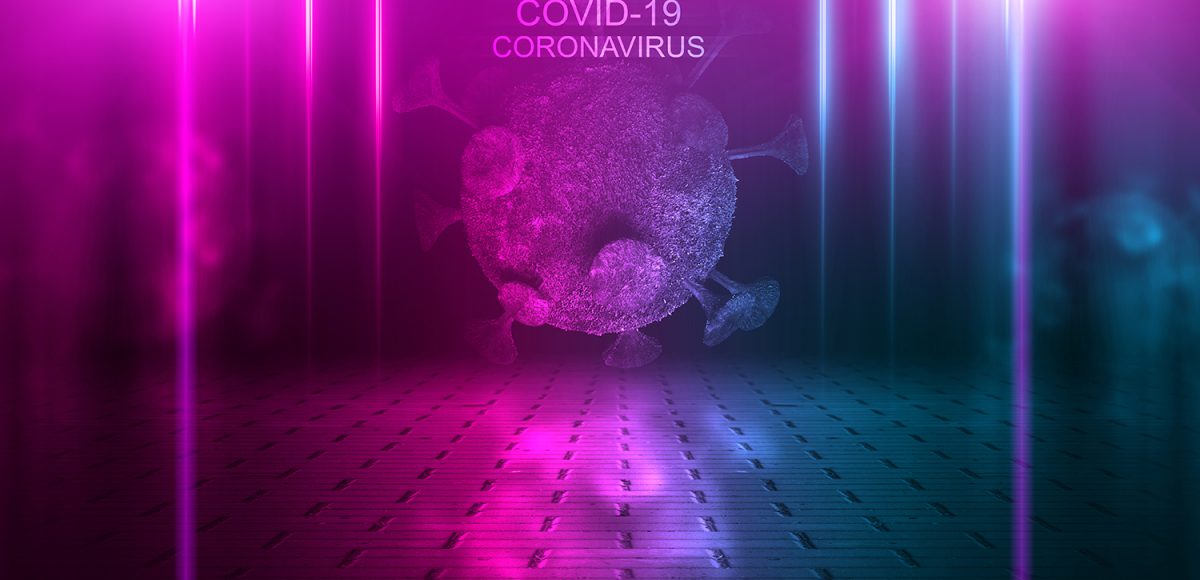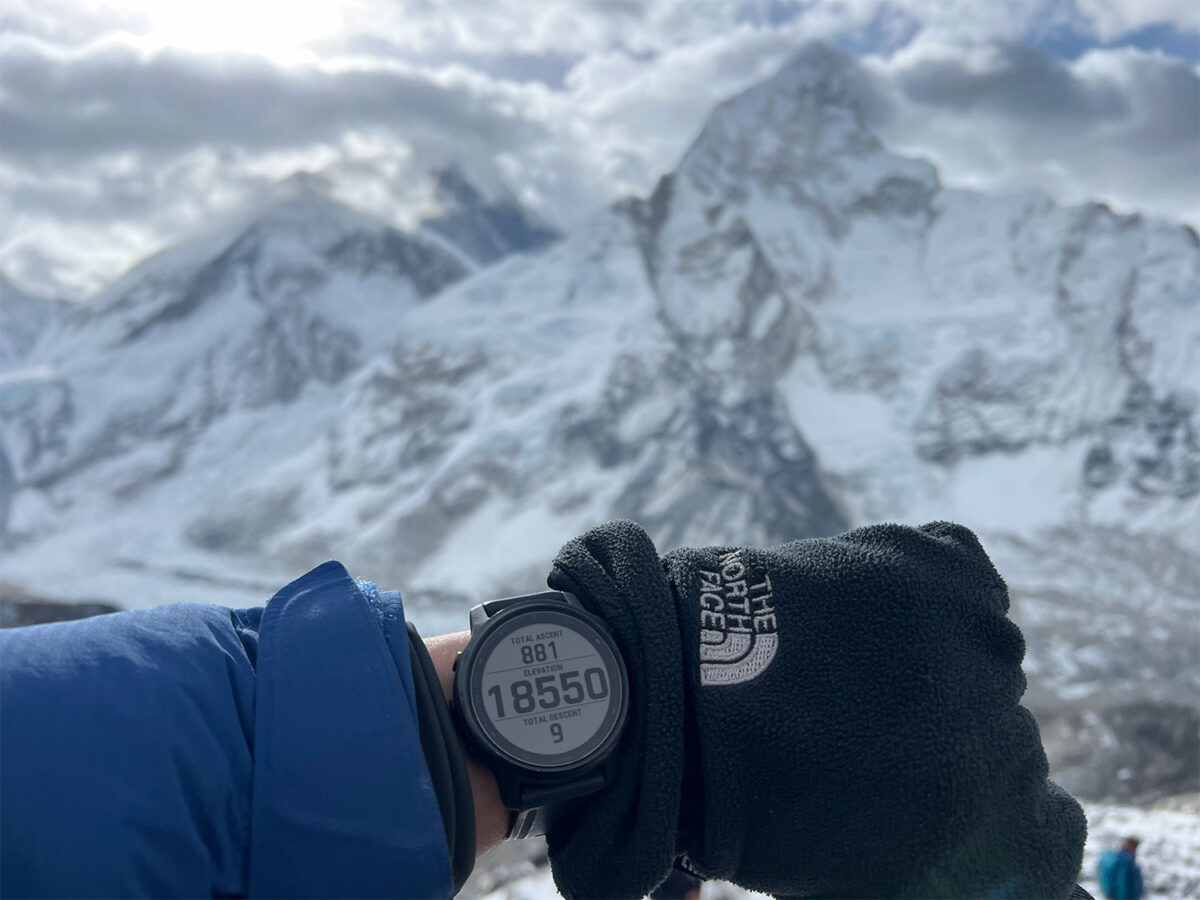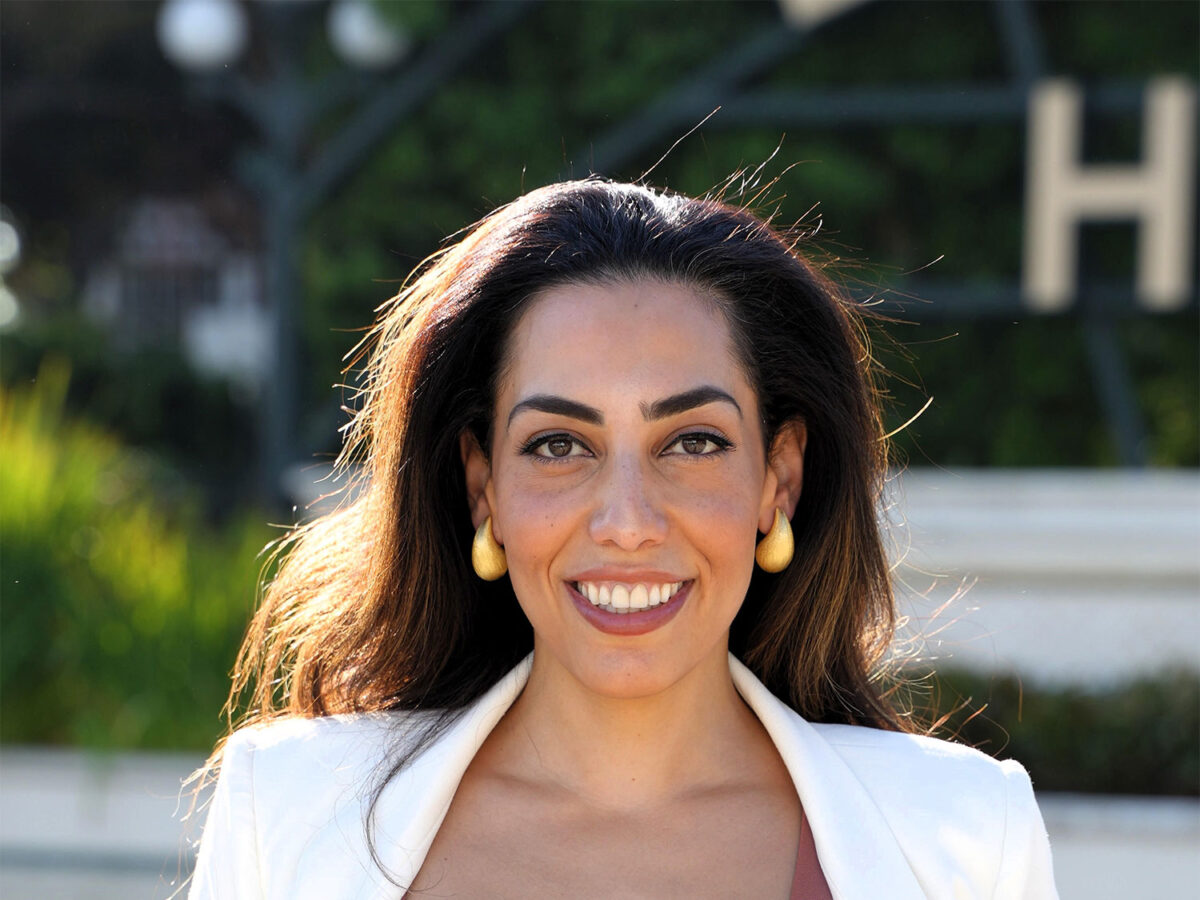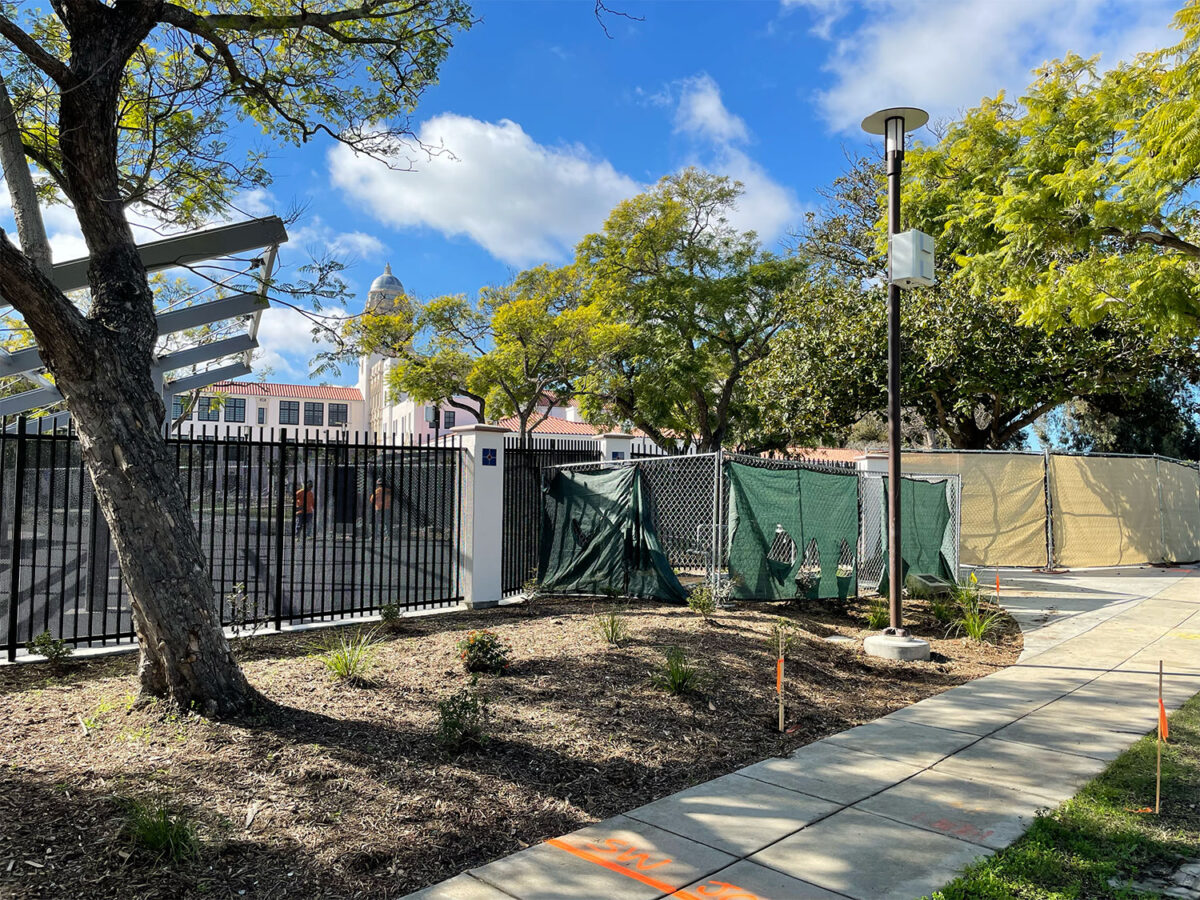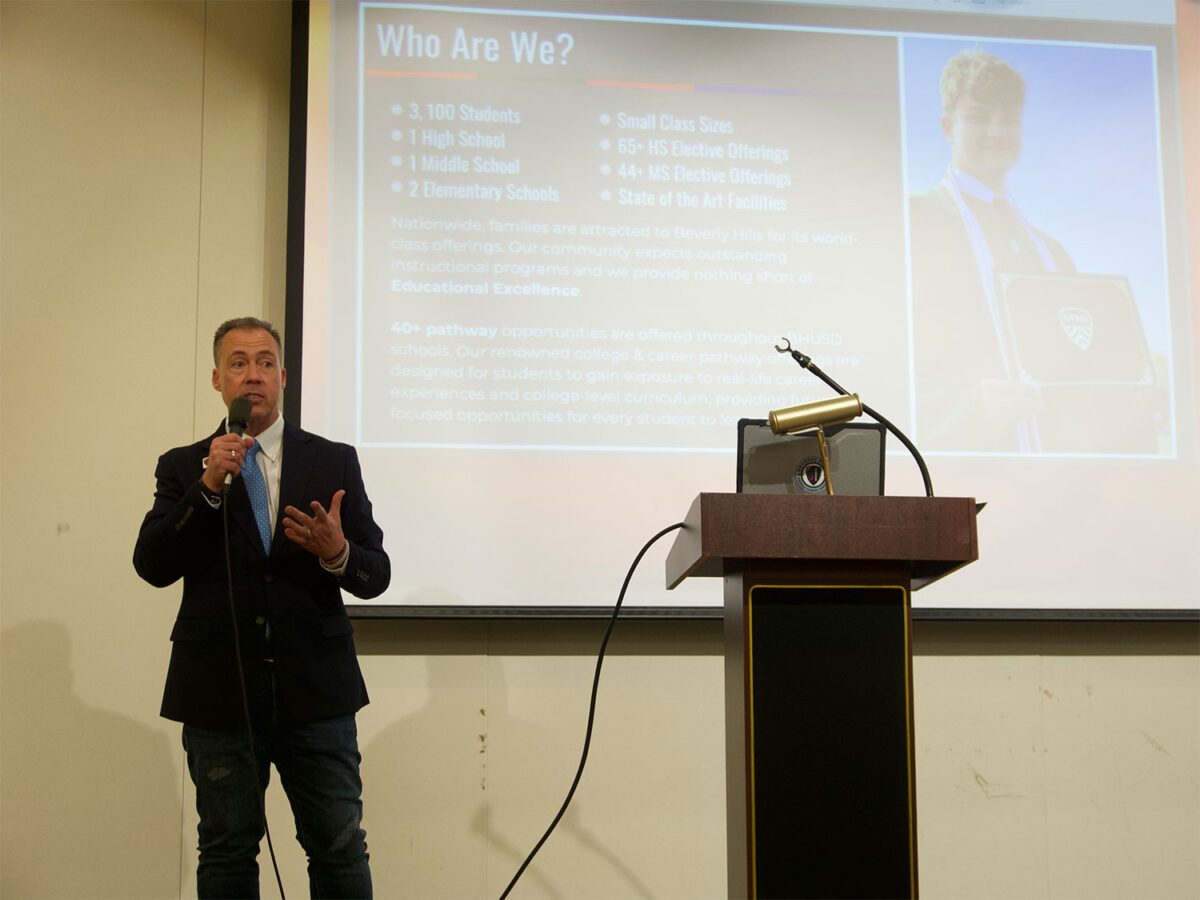As the zenith of the holiday season approaches, Americans once again face the prospect of a surge in COVID-19 cases–this time, driven by the uniquely infectious omicron variant. On Dec. 20, the Health and Safety Commission took stock of the city’s resilience to the new strain.
Rachelle Marcus, Beverly Hills Unified School District (BHUSD) Board of Trustees liaison, reported to the commission that the district had seen an uptick in cases prior to the Dec. 21 start of winter break. As of Dec. 21, the district reported 40 active cases in students and 12 in staff, all together representing over 40% of all cases detected in the current school year.
“It’s almost somewhat of a blessing that tomorrow is the last day of school for almost two and a half weeks,” Marcus said. “Hopefully, we will be able to get a feel when we come back [of] what’s happening.”
Marcus added that she felt “very nervous about January 10,” the day students return from winter break. She floated the idea that every student should be tested before returning to class on the first Monday of school, though the proposal has not been discussed by the full board.
In response to questions from the Courier, School Board Members Noah Margo and Amanda Stern, and President Mary Wells voiced support for proactively testing before the resumption of classes. Board member Gabriel Halimi did not respond to a request for comment.
The district has the third highest rate of vaccinations in the county among students ages 12-18, nearly 93% of whom have received at least one dose of the vaccine. For students between the ages of 5-11, the most recent cohort for whom the FDA granted vaccine approval, about 28% have been vaccinated. Marcus stated that she would like to make vaccines mandatory for all eligible students, though the board previously declined to take such action.
Currently, the district requires unvaccinated students to get tested once a week. Additionally, the district screens a random selection of vaccinated students along with students who have come into contact with an infectious individual.
For unvaccinated students who are exposed to the virus but test negative, they must quarantine for 10 days with the option of testing after day five and returning after a week. For vaccinated students or those with a recent infection who come into close contact with a positive COVID-19 infection, no quarantine is required provided they test negative.
The new variant has led to an eerily familiar scene of last-minute cancellations and postponements for events. The American Film Institute postponed its awards luncheon scheduled for Jan. 7 at the Four Seasons Beverly Hills citing “concerns over current health conditions,” according to a statement.
“Throughout the country, we’re seeing increased lines for testing, increased demand for home tests as case counts rise across the board. We’re seeing events all across our communities and communities across the nation being impacted,” Emergency Manager Meena Janmohamed told the commission. “All of this is less than one week until the Christmas and New Year’s holidays. So unfortunately, this recent COVID-19 surge is real and unfortunately timed.”
In a demonstration of Omicron’s virulence, officials with the U.S. Centers for Disease Control and Prevention (CDC) revealed on Dec. 20 that omicron accounted for 73% of all new infections. On Dec. 22, Public Health announced that cases more than doubled over one day to 6,509, “one of the steepest rises we’ve ever seen over the course of the pandemic,” said Public Health Director Barbara Ferrer.
Beverly Hills’ relatively high vaccination rate puts it in a better position for the upcoming surge, according to experts. As of Dec. 16, nearly 77% of Beverly Hills residents 5 and older were fully vaccinated, according to the Los Angeles County Department of Public Health (Public Health)–more than 15% higher than the national average reported by the CDC.
While case numbers have started rising, this has not yet translated into the deluge of hospitalizations that Los Angeles experienced during the delta wave a year ago. According to Phil Hampton, Director of Communications for UCLA Health, UCLA Health hospitals had 17 COVID-19 positive patients as of Dec. 21–a number that has remained stable for the past two weeks.
“UCLA Health believes the region’s vaccination rate limits the likelihood of hospitalizations approaching levels seen in early January 2021,” Hampton told the Courier. He added that UCLA Health “is well-prepared in the event of an increase in the volume of patients requiring hospitalization.”
President Joe Biden took to the airwaves on Dec. 21 to address the omicron surge. He acknowledged the frustration shared by Americans across the country as they go into their second winter of COVID-19 discontent. He reiterated the advice of public health officials that in spite of a likely rise in breakthrough cases, vaccines still protect against severe illness and death.
While data related to the omicron variant remains sparse, Public Health previously reported on Nov. 15 that unvaccinated people are seven times more likely to get infected with the disease and 44 times more likely to be hospitalized.
Beverly Hills has opted to follow the COVID-19 safety guidelines issued by the county. Public Health currently requires face coverings while indoors except for when eating or drinking. Additionally, patrons must show proof of vaccination for access to indoor bars, breweries, nightclubs and lounges.
Cities including Los Angeles, West Hollywood, Pasadena and Culver City have implemented restrictions that go beyond the directives of the county. Los Angeles and West Hollywood, for instance, require proof of vaccination for indoor restaurants, fitness centers, personal care facilities, entertainment venues and city facilities.
“We’re not an island. Every action that we take has a reaction and all of our fates are tied with taking the right steps and protecting ourselves, our communities and the communities outside of us as well,” Janmohamed said.
Going into this next wave of infections, Janmohamed cautioned residents about making the mistakes of previous waves like “panic buying and hoarding.”
“We know that essential goods and items and services will not be shut down,” she said.
Chair Cathy Baker warned that even milder infections can lead to the long-term complications known as long COVID. She also made an impassioned appeal to unvaccinated residents.
“In our community, for those who have had past experiences distrusting government, whether here in the United States or living abroad, I have empathy. For those who have lived under tight government control where your personal freedoms such as freedom of speech is severely restricted, I have empathy,” she said. “But I want to say, these are very different concepts. Vaccines are about benefiting all people of every race, religion, gender, socio-economic background, and the like. Vaccines are about giving us our lives back so that we can enjoy the freedoms America has to offer. So please, reconsider.”



